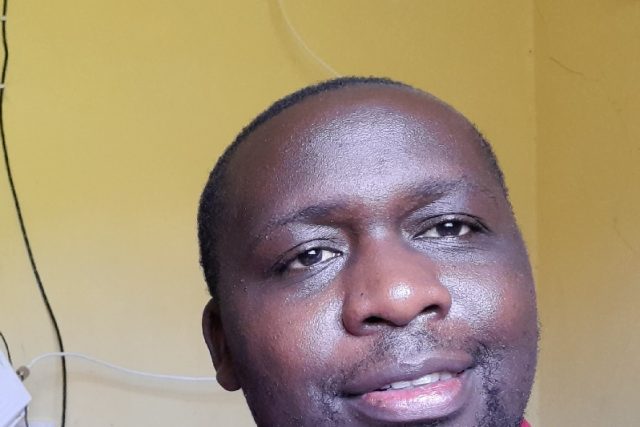Sustainable Development Goals No. 3 is the guiding framework for achieving health lives and well-being for people of all ages. We also know that the rallying call for Sustainable Development Goals is “leaving no one behind”. We hope that by 2030, all people including indigenous and ethnic minorities will be enjoying their right to healthcare.
Achievement of Sustainable Development Goal (SDG) number 3 means that the world has to achieve specific targets such as:
- By 2030, reduce maternal mortality rate to less than 70 per 100,000 live births;
- By 2030, end preventable deaths of newborns and children under 5 years of age to and even lower than 12 per 1,000 live births;
- By 2030, reduce by one third preventable deaths from non-communicable diseases and;
- End epidemics of Malaria, AIDs and tuberculosis as well as the neglected tropical diseases among other communicable diseases among others;
- Strengthen the prevention and treatment of substance abuse including harmful use of alcohol;
- Ensure universal coverage of sexual reproductive healthcare services including for family planning
Benchmarks on education
The Sustainable Development Goal no. 4 is to “ensure inclusive and equitable quality education and promote lifelong learning opportunities for all.”This goal is made up of 10 targets that need to be achieved.
- By 2030, to ensure all girls and boys complete free, equitable and quality primary and secondary education leading to relevant learning outcomes;
- By 2030, ensure that all girls and boys have access to quality early childhood development, care and pre-primary education so that they are ready for primary education;
- By 2030, eliminate gender disparities in education and ensure equal access to all levels of education and vocational training for the vulnerable, including persons with disabilities, indigenous peoples and children in vulnerable situations;
- By 2030, ensure that all youth and a substantial proportion of adults, both men and women, achieve literacy and numeracy
- By 2030, ensure that all learners acquire the knowledge and skills needed to promote sustainable development, including, among others, through education for sustainable development and sustainable lifestyles, human rights, gender equality, promotion of a culture of peace and nonviolence, global citizenship and appreciation of cultural diversity and of culture’s contribution to sustainable development
- Build and upgrade education facilities that are child, disability and gender sensitive and provide safe, non-violent, inclusive and effective learning environments for all;
- By 2020, substantially expand globally the number of scholarships available to developing countries, in particular least developed countries, small island developing States and African countries, for enrollment in higher education, including vocational training and information and communications technology, technical, engineering and scientific programmes, in developed countries and other developing countries;
- By 2030, substantially increase the supply of qualified teachers, including through international cooperation for teacher training in developing countries, especially least developed countries and small island developing States among others;
The other Sustainable Development Goals (SDGs) such as Goal 5 (gender equality), SDG 8 (decent work and sustainable growth), SDG (responsible consumption and production), SDG 13 (Climate Change and mitigation) and SDG 16 (peace, justice and strong institutions) have an impact on access to education and health. For instance, when there is no peace (war) children can not go to school to have access to education. Therefore, we can conclude that all the 17 SDG goals are important for people to live in dignity beyond 2030.
GOT a story? Contact Kerosi Dotcom on EMAIL info@kerosi.com


